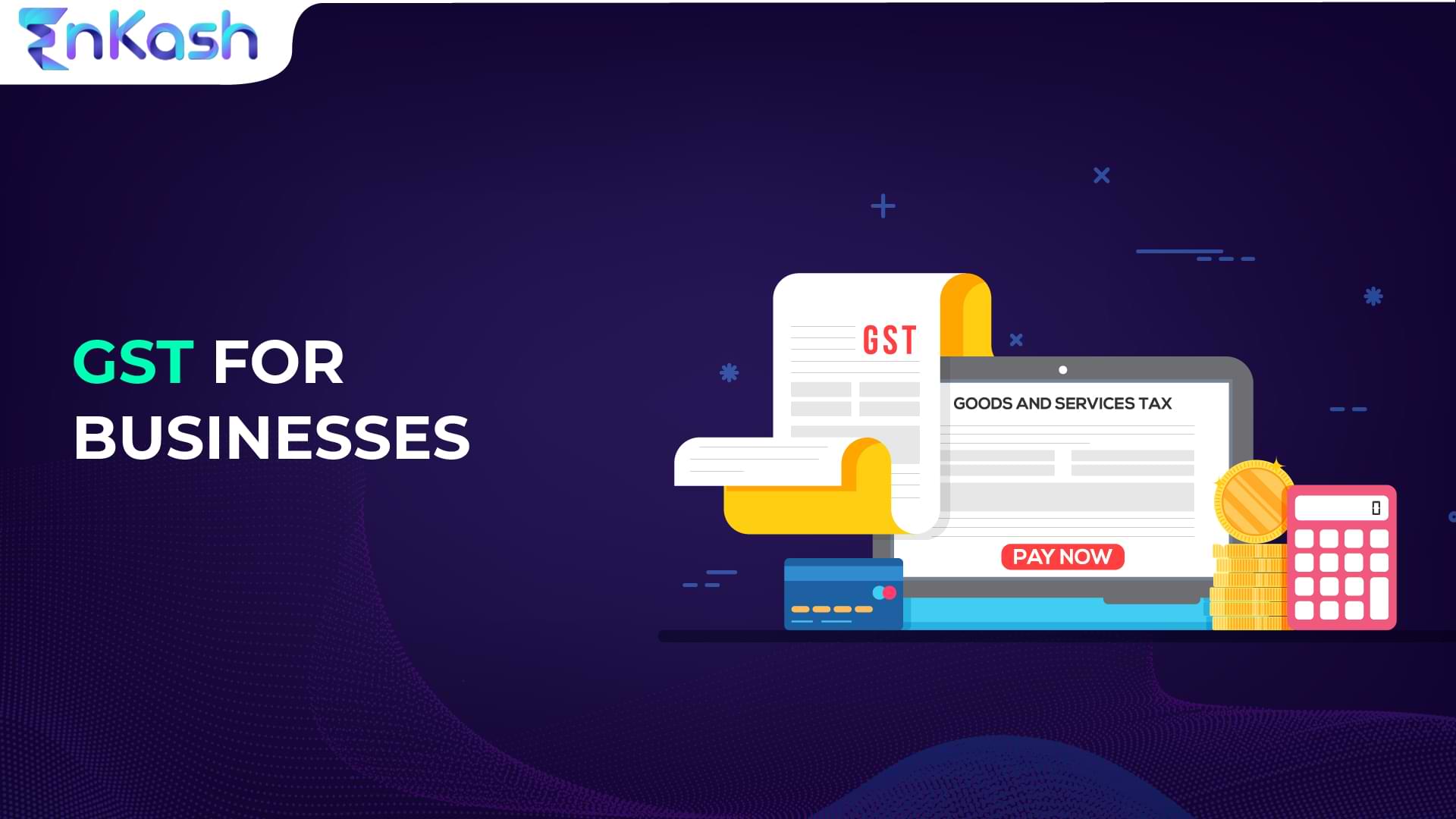The Goods and Services Tax (GST) is a tax reform that has revolutionized the way businesses operate in India. Implemented on July 1, 2017, GST has replaced multiple indirect taxes with a unified tax system, making it easier for businesses to comply with tax regulations. GST has brought several advantages to businesses of all sizes, but it is especially beneficial for upcoming small or medium businesses. In this article, we will discuss the advantages of GST for these businesses, as well as the benefits of registration under GST. We will also explore how GST has simplified the tax system in India and increased the efficiency of the tax system, making it easier for businesses to thrive.
How has GST simplified the tax system in India?
Goods and Services Tax (GST) has simplified the tax system in India in multiple ways. Before GST, businesses had to comply with multiple indirect taxes such as excise duty, service tax, VAT, and others. Each of these taxes had different rules, regulations, and compliance procedures, which made it difficult for businesses to keep track of their tax liabilities and comply with all the regulations.
With the implementation of GST, all these taxes were replaced by one unified tax system, which made it easier for businesses to comply with tax regulations. GST is a destination-based tax, which means that it is levied only on the final consumption of goods or services. This eliminates the cascading effect of taxes, where taxes were charged on top of other taxes, leading to an increase in the overall tax burden.
How has the efficiency of the tax system increased with the implementation of GST?
Moreover, GST has introduced a common tax return and refund system, which has made it easier for businesses to file their taxes and claim refunds. The GSTN (GST Network) portal provides a user-friendly interface for businesses to file their tax returns and pay their taxes online. The portal also provides an auto-populated return form, which eliminates the need for businesses to manually enter data, reducing the chances of errors.
GST has also introduced the concept of Input Tax Credit (ITC), which allows businesses to claim credit for the tax paid on inputs such as raw materials, goods, and services used in the production process. This has reduced the overall tax burden on businesses and has made it easier for them to compete in the market.
What are the advantages of GST for small and medium businesses?
There are several advantages of GST to businesses of all sizes, however, let us understand the advantages small, and medium businesses and startups can take if they register for GST:
- One Tax System: The elimination of VAT, service tax, and excise tax has simplified taxes for small businesses. There is no tax-on-tax concept ensuring no unnecessary tax burden and direct savings for small and mid-size businesses.
- Composition Scheme: Under this scheme, small businesses and startups with a turnover of more than 75 lakhs will have to pay a flat tax between 1% to 5%
. - Transportation Costs: The tax levied on interstate transportation has been reduced under GST which makes procurement of raw materials and distribution of the final product relatively cheaper.
- Easy credit: Businesses can increase their chances of getting loans at a lower rate of interest if they fulfill the GST requirements. This also reduces the chances of fraud as the operations are registered with a government entity.
- Credibility: Small, mid-size, and startups need to establish their credibility to attract customers and other businesses willing to work with them. Having a GST number can bring in credibility. This way businesses also need not deal with unnecessary compliances and file their returns quarterly.
What are the benefits of Registration under GST?
The benefits of registration under GST are:
- Legal Recognition
Registration under GST provides legal recognition to businesses. Businesses that are registered under GST are recognized by the government and are eligible for various benefits such as tax credits, input tax refunds, and others. - Input Tax Credit
Registration under GST allows businesses to claim the input tax credit. The input tax credit is the credit that businesses can claim for the tax paid on inputs such as raw materials, goods, and services used in the production process. This credit can be used to reduce the tax liability of businesses. - Access to GST Portal
Registration under GST provides businesses with access to the GST portal. The GST portal is an online platform that businesses can use to file their tax returns, claim tax credits, and make payments. This platform has made it easier for businesses to comply with tax regulations. - Compliance Rating
Registration under GST provides businesses with a compliance rating. This rating is based on the compliance history of businesses and is used to determine the eligibility of businesses for various benefits such as tax credits, input tax refunds, and others.
Conclusion
The Goods and Services Tax (GST) has brought significant advantages to businesses of all sizes in India, particularly for small or medium businesses. GST has simplified the tax system by introducing a unified tax system, which has increased the efficiency of the tax system by reducing the overall tax burden and introducing a common tax return and refund system. Additionally, the introduction of the Input Tax Credit (ITC) has made it easier for businesses to claim credit for the tax paid on inputs, reducing their tax liability. Overall, GST has created a more business-friendly environment in India and has enabled businesses to compete more effectively in the market.
As a small or medium business, registering under GST and complying with its regulations can be a daunting task. However, the benefits of GST, including a simplified tax system, increased efficiency, and reduced tax burden, make it a worthwhile investment for any business. Registering under GST can also help businesses expand their customer base by enabling them to sell goods and services across the country without any additional taxes or restrictions. By embracing GST, businesses can streamline their operations, save time and money, and focus on growing their business, which is the goal of any business.
FAQs
How will GST benefit my small or medium business?
GST has helped streamline the taxation system in the country by eliminating multiple indirect taxes and establishing a one-tax structure. This has reduced the burden of compliance on businesses making it easier for SMEs to operate and follow the tax regulations.
How does implementing GST make my business competitive in the market?
The implementation of GST can reduce the compliance burden and increase the competitiveness of SMEs as they get more time in hand to focus on their growth instead of being worried about the complicated tax process.
How does GST help in interstate trade for SMEs?
GST has removed entry taxes by implementing a uniform tax rate across the nation, further simplifying interstate transactions. This has allowed a smooth flow of goods and services across states helping businesses expand their market.
What are the compliance benefits of adopting GST?
With the help of a unified compliance platform introduced by GST, businesses can file their returns and adhere to tax regulations. This reduces the chances of errors and provides a more transparent business environment for small and medium businesses.














